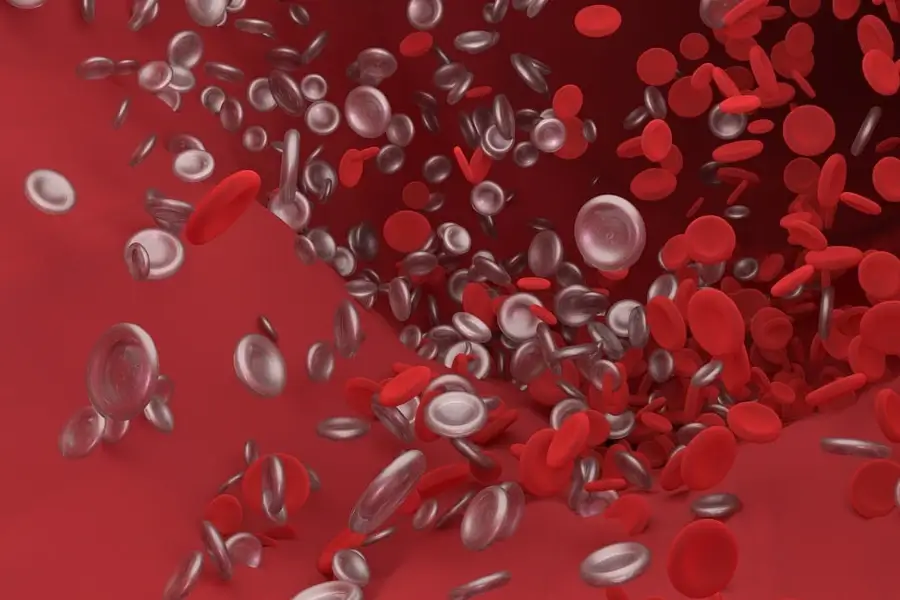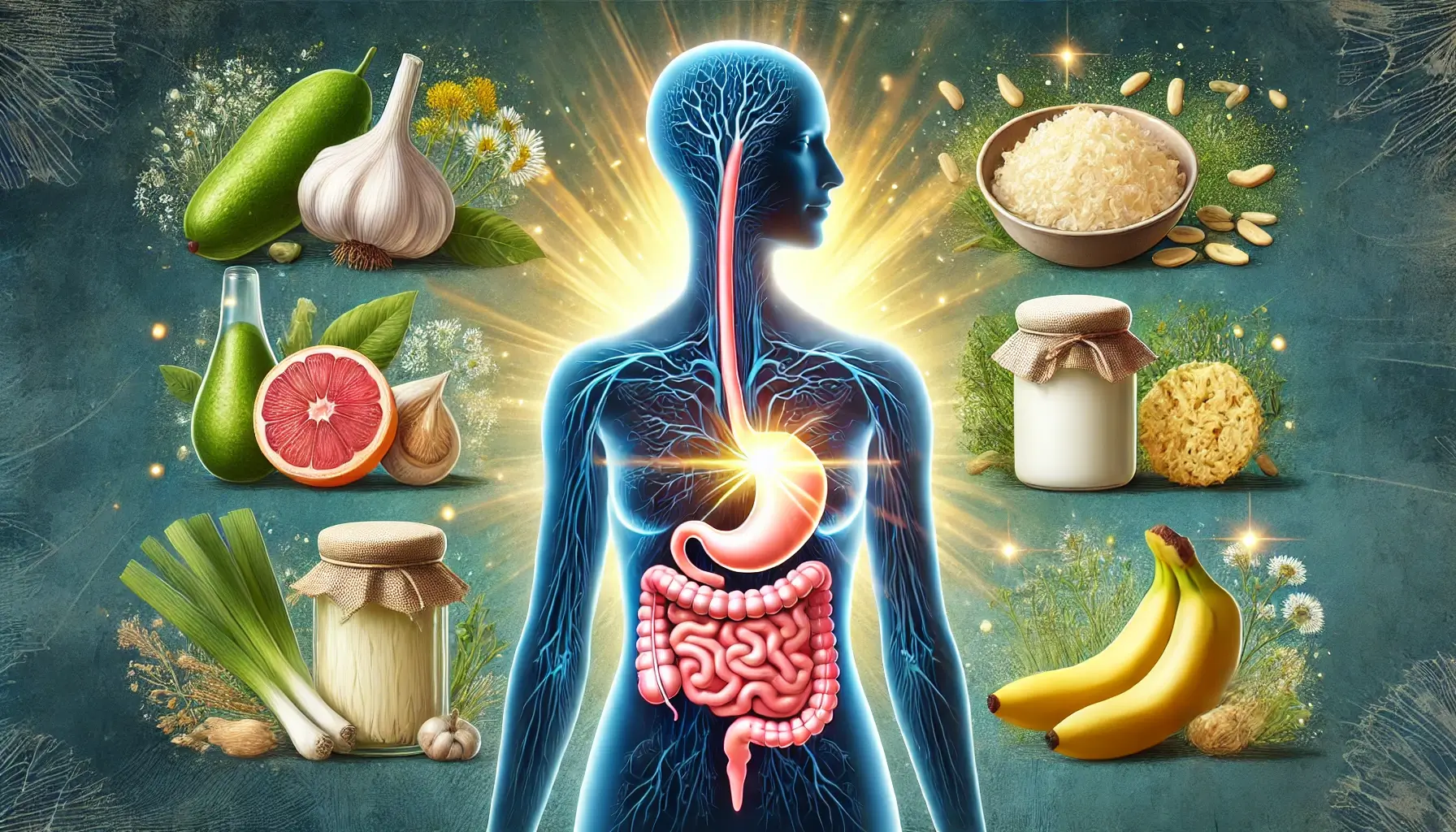IBD and Heart Attacks
You’re correct. According to research, patients with inflammatory bowel disease (IBD), which includes Crohn’s disease and ulcerative colitis, may be more likely to have a heart attack than the general population.
Here’s the breakdown of the connection:
Chronic Inflammation: IBD is distinguished by ongoing inflammation in the digestive tract. This persistent inflammation may add to inflammation throughout the body, damaging blood vessels and raising the risk of a heart attack.
Shared Risk Factors: Some risk factors for IBD and heart disease are similar, such as smoking and high blood pressure. Addressing these risk factors can be critical to overall health.
Drugs: Certain IBD drugs, including corticosteroids, may marginally raise the risk of heart disease.
While the exact causes of the association are still being investigated, certain studies indicate an increased risk of:
Atherosclerosis is the accumulation of plaque in the arteries, which can restrict them and raise the risk of a heart attack.
Blood Clots: Chronic inflammation is a persistent state of immune system activation that can seriously affect several aspects of human health. In the setting of cardiovascular health, chronic inflammation may raise the risk of blood clots, which can have catastrophic implications.
Blood clots can be especially harmful because they obstruct blood flow to essential organs like the heart.
When the body suffers chronic inflammation, the immune system stays activated, releasing inflammatory mediators such as cytokines and chemokines.
These inflammatory chemicals can enhance blood clot formation, often known as thrombosis, by activating the coagulation cascade and increasing platelet adhesion and aggregation.
Blood clots can be especially harmful because they obstruct blood flow to essential organs like the heart. When a blood clot forms in an artery that supplies the heart, it can cause a heart attack, which is potentially fatal.
The clot’s restricted blood flow can deprive the heart muscle of oxygen and nutrients, resulting in tissue damage and perhaps irreparable impairment.
Chronic inflammation-induced blood clots can contribute to the development of other cardiovascular disorders.
In addition to increasing the risk of a heart attack, chronic inflammation-induced blood clots can contribute to the development of other cardiovascular disorders, such as deep vein thrombosis, pulmonary embolism, and stroke.
These disorders can have severe and sometimes fatal implications, emphasizing the significance of treating and managing chronic inflammation to maintain overall cardiovascular health.
Individuals at risk of chronic inflammation, such as those with obesity, diabetes, or autoimmune disorders, must work closely with their healthcare providers to manage their inflammation and lower their risk of developing blood clots and other cardiovascular complications.
Important points to remember:
This is a potential danger, not a certainty. Many people with IBD lead long and healthy lives.
Maintaining a healthy lifestyle and efficiently managing IBD can lower the risk of a heart attack.
Regularly discussing your heart health with your doctor is essential, especially if you have IBD.
Here are some resources for more reading.













